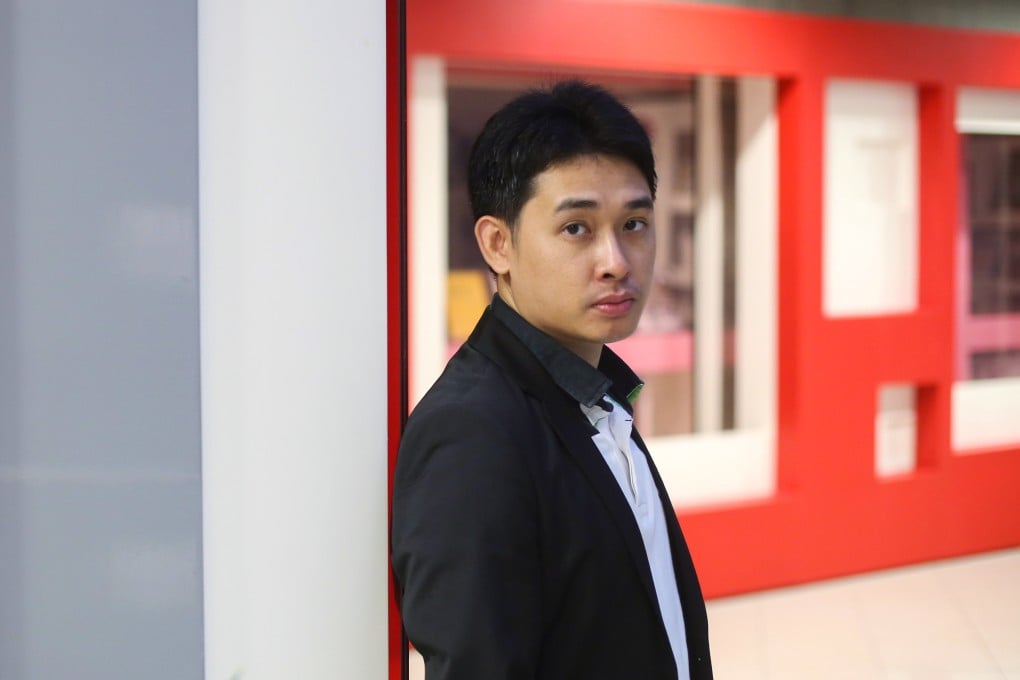Political scientist Brian Fong leaves Education University of Hong Kong after pro-Beijing attacks
- Ta Kung Pao accused Fong of being ‘pro-independence element’ for joining opposition politicians in calling for general strike to further democracy fight in 2016
- Once regarded as moderate scholar, Fong was viewed by some as having turned more radical in 2015 after the Occupy Central protests

A Hong Kong political scientist viewed as a rising star of local academia has left Education University of Hong Kong following attacks by pro-Beijing media over his alleged pro-independence stance.
A university spokesman confirmed on Sunday that associate professor Brian Fong Chi-hang was “no longer” a member of staff but declined to comment further. His profile page on the university’s website was also no longer accessible.
Fong was an associate professor and associate director of the Academy of Hong Kong Studies at the university, which he joined after teaching at City University of Hong Kong from 2007 to 2013.

The pro-Beijing Ta Kung Pao accused Fong on February 7 of being a “pro-independence element” for joining opposition politicians such as former Civic Party leader Alvin Yeung Ngok-kiu in 2016 to launch a joint petition said to advocate “a general strike” in pursuit of greater democracy.
The report also claimed he had encouraged university students in a joint forum in 2017 to build up their “Hong Kong identity”.
Once regarded as a moderate scholar, Fong was viewed by some as having turned more radical in 2015 after the Occupy Central civil disobedience movement. At the time, he asked Hongkongers to ditch any hopes of political progress through talks with Beijing and told them they should join forces to strengthen civil society instead.
“The Beijing-decreed political reform blueprint [for the 2017 chief executive poll] has already proven that it is not a workable idea to anticipate constructive dialogue with a China that has been liberalised,” he said at that time.